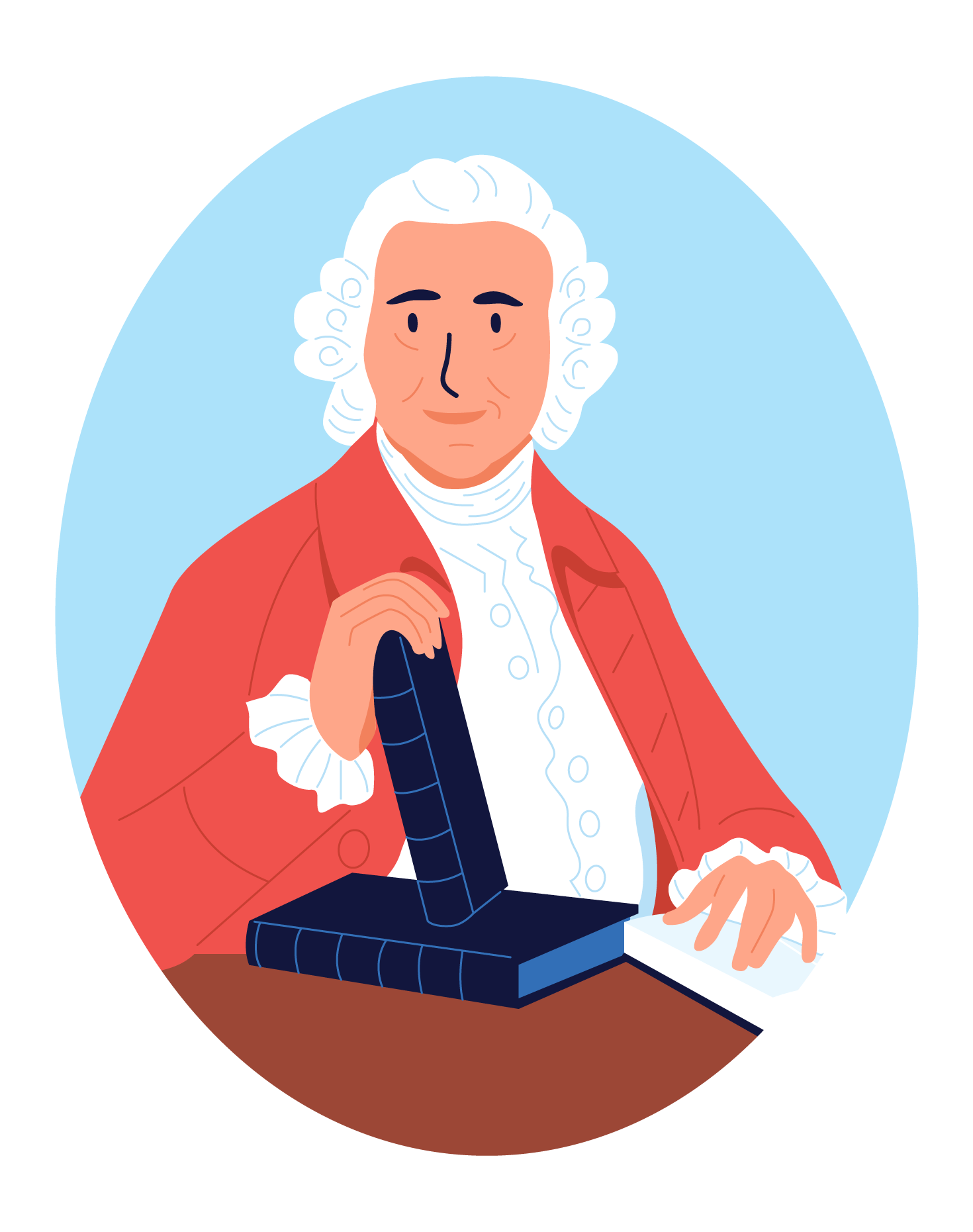Subscribe to our newsletter!
Follow the latest news from CATALIS and Clinical Trials Quebec
In Partnership With
A clinical trial is a study conducted in a health care facility on groups of volunteer participants. It is used to test the efficacy and safety of an experimental treatment in people after it has been tested in the laboratory and on animals.

Clinical trials are used, for example, to test:
Clinical trials are part of clinical research. They are the final step in a long, multi-year medical research process that is highly regulated.

More than 100,000 clinical trials are currently being conducted around the world, including more than 2,300 in Quebec. These trials are being conducted in more than 23 affiliated public health and social services institutions (hospitals, clinics and Local Community Services Centres [CLSCs]) by more than 675 researchers.
The Government of Quebec has launched a major provincial Life Sciences Strategy (2017–2027) to stimulate private investment across the life sciences value chain. By supporting projects such as Clinical Trials Quebec (CTQ), the government wants to make Quebec attractive to encourage investments in clinical research and ensure that Quebecers have better access to a wider range of clinical trials.
Our province is proud to contribute to health innovation that benefits the public.
Studying the effects of a potential treatment on humans through clinical trials is a necessary step before the treatment is made available to the public.
Clinical trials are designed to assess the benefits and risks of a treatment, taking the following factors into account:
In a clinical trial, information collected by the research team(s) of qualified medical personnel (doctors, nurses, pharmacy staff and other scientists) will be used to assess the safety and efficacy of the treatment.

The sponsor can start the necessary process to make a treatment available to the public only once clinical trials have proven that the benefits outweigh the risks.
Clinical trials are essential for solving health problems, and implementing them can be expensive.


In 18th century Great Britain, a Scottish doctor named James Lind was looking for a treatment for scurvy. This serious illness caused by a lack of vitamin C resulted in the death of many sailors at the time.
In 1757, Lind came up with the idea of dividing 12 sailors suffering from scurvy into six pairs. In addition to the food distributed on board, he gave a different treatment to each pair of sailors: citrus fruits (lemons and oranges), cider, vinegar, orgeat, elixir of vitriol drops and sea water. After a few days, Lind found that the sailors who had consumed lemons and oranges were cured. He now had the solution to treat scurvy!
Through this experiment, Lind discovered a key element of clinical research: to identify the best treatment, you must test several treatments in people with the same medical condition.
Since Lind’s pioneering work, millions of clinical trials have been conducted around the world, improving people’s quality of life.
Want to better understand the different phases of a clinical trial?
Find out more Find out more